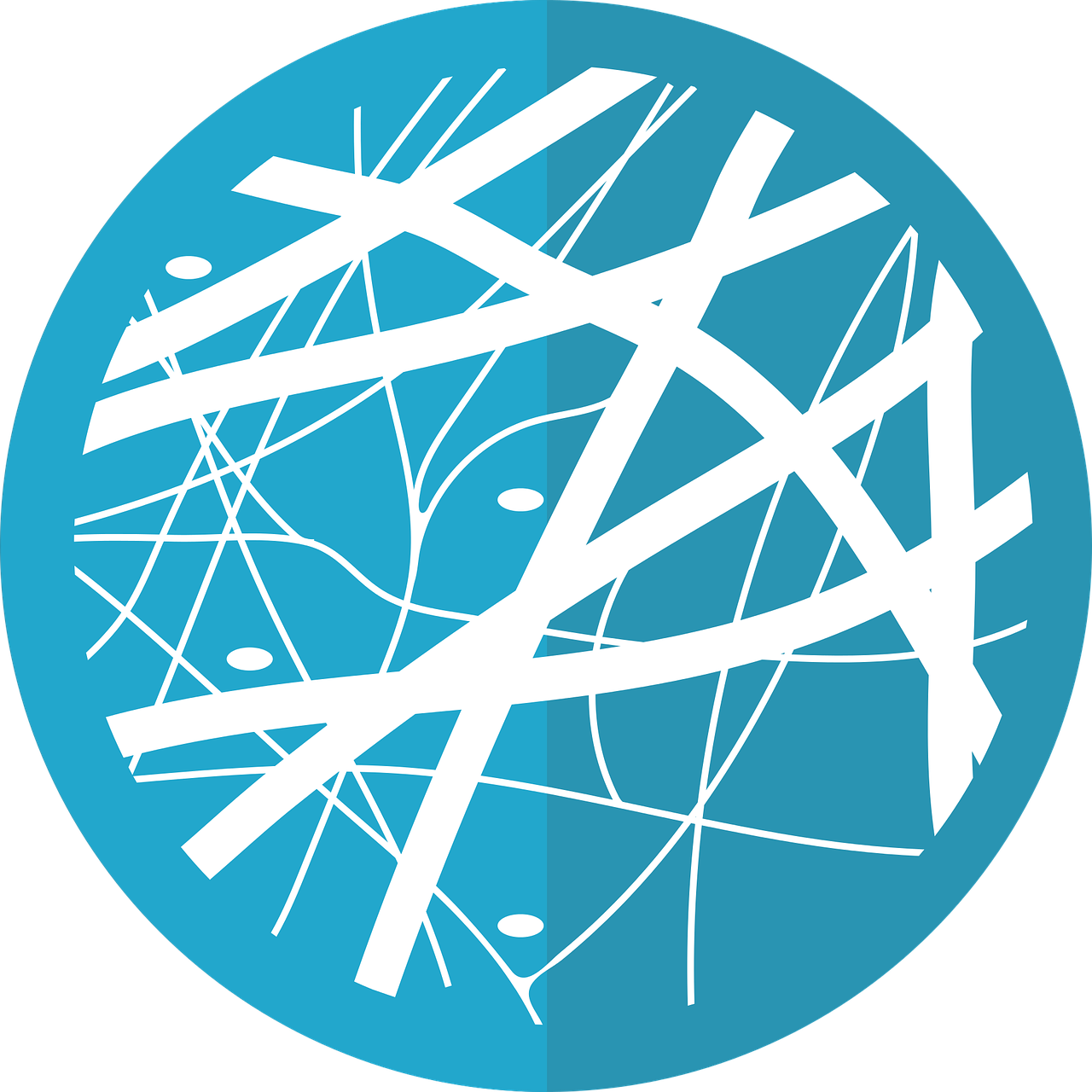Collagen is a protein responsible for healthy joints and skin elasticity or stretchiness. It’s in your bones, muscles, and blood, making up three-quarters of your skin and one-third of the protein in your body.
Collagen plays a crucial role in providing structure, strength, and support throughout your body. It makes up about 30% of your body’s protein and is the primary building block of your skin, muscles, bones, tendons, ligaments, and other connective tissues. Collagen can’t be measured in a blood test, but signs of collagen loss include wrinkles, stiffer tendons and ligaments, weaker muscles, joint pain, and even GI problems.
There are several ways to obtain collagen, including through diet and supplementation. Here are some foods rich in collagen and other nutrients that support collagen production:
- Animal Products: Foods like chicken, fish, and beef, particularly when cooked with the skin and bones, are excellent sources of collagen. Bone broth, made from simmering animal bones, is also rich in collagen.
- Egg Whites: While eggs don’t contain connective tissues, egg whites have large amounts of proline, one of the amino acids necessary for collagen production.
- Vitamin C-Rich Foods: Vitamin C is essential for collagen synthesis. Citrus fruits, red and green peppers, tomatoes, and other fruits and vegetables are rich sources of vitamin C.
- Garlic and Sulfur-Rich Foods: Garlic is high in sulfur, which helps synthesize and prevent the breakdown of collagen. Other sulfur-rich foods include onions, broccoli, and Brussels sprouts.
- Gelatin and Collagen Supplements: Gelatin is a form of collagen made by boiling animal bones, cartilage, and skin. Collagen supplements, usually in the form of powders, pills, or gummies, are also popular.
- Foods Rich in Proline and Glycine: These amino acids are crucial for collagen production. Foods like dairy, cabbage, mushrooms, and asparagus are good sources of proline, while pork skin, chicken skin, and gelatin are rich in glycine.
The Mediterranean diet, which is rich in vegetables, beans, whole grains, nuts, and fruits, with a moderate amount of seafood, meats, poultry, dairy, and eggs, can provide your body with the raw ingredients it needs to produce collagen naturally by combining amino acids, the building blocks of proteins found in food.
Sources
- Proline: Found in egg whites, dairy, cabbage, mushrooms, and asparagus
- Glycine: Found in pork skin, chicken skin, and gelatin and a variety of other protein-rich foods
- Vitamin C: Found in citrus fruits and bell peppers
- Zinc: Found in beef, lamb, pork, shellfish, chickpeas, lentils, beans, milk, cheese, and various nuts and seeds
- Copper: Found in organ meats, cocoa powder, cashews, sesame seeds, and lentils
Our bodies gradually make less collagen as we age, but collagen production drops most quickly due to excess sun exposure, smoking, excess alcohol, and lack of sleep and exercise.
However, eating collagen-rich foods can help your body overcome some of this absorption problem. That helps keep your body stronger and healthier as you get older.
Alternatively, you can consume it as a supplement.
9 PROVEN benefits of eating more collagen:
— Analyze & Optimize (@Outdoctrination) June 3, 2024
1. Improves digestion
2. Reduces joint pain
3. Better sleep
4. Reduced wrinkles
5. Lowers inflammation
6. Antioxidant support
7. Detoxification support
8. Liver health
9. Extended lifespan
Glycine, hydroxyproline, & hyaluronic acid 👑
Image by mcmurryjulie from Pixabay
